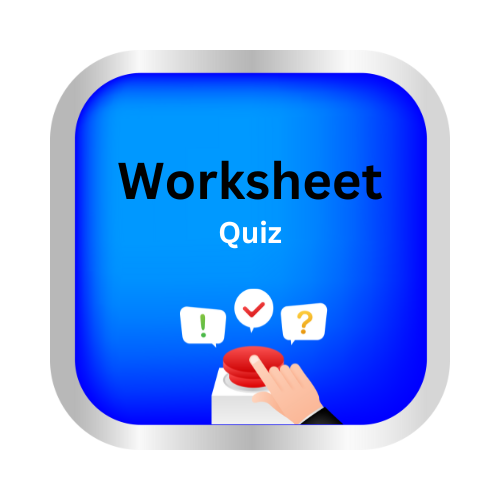Identify and correct errors with plural and possessive nouns
key notes :
A plural noun names more than one person, animal, or thing.
- Usually, we add -s or -es.
- Examples:
- 1 cat → 2 cats 🐱🐱
- 1 box → 3 boxes 📦📦📦
Tip: Words ending in s, x, z, ch, or sh → add -es.
- Bus → buses 🚌🚌
- Brush → brushes 🪥🪥
| What is a Possessive Noun? |
A possessive noun shows ownership – something belongs to someone.
- Add ’s for singular nouns:
- The dog’s bone 🐶🍖 (bone of the dog)
- Add ’ for plural nouns ending in s:
- The dogs’ toys 🐕🐕🧸 (toys of the dogs)
| Common Errors & How to Correct Them ✅ |
| Error | Corrected | Explanation |
|---|
| The cats toy is cute. 🐱 | The cat’s toy is cute. 🧸 | Shows ownership – one cat owns the toy. |
| I saw two foxs in the forest. 🦊 | I saw two foxes in the forest. 🌳 | Plural of fox is foxes, not foxs. |
| My friends book is new. 📚 | My friend’s book is new. | One friend owns the book → add ’s. |
| The girls ball is red. ⚽ | The girl’s ball is red. | Singular girl owns the ball → ’s. |
| The teachers room is big. 🏫 | The teacher’s room is big. | One teacher owns the room → ’s. |
- Plural noun: more than one → usually -s or -es.
- Possessive noun: shows ownership → usually ’s or ’.
- Check the meaning: “does it mean more than one?” → plural.
- Check ownership: “does it belong to someone?” → possessive.
- The ___ (dog) bone is missing. → dog’s 🐕🍖
- I see three ___ (fox) running. → foxes 🦊🦊🦊
- The ___ (girl) hat is pretty. → girl’s 🎩
- Two ___ (box) are on the table. → boxes 📦📦
| 📸 Image Suggestions for Visual Learners: |
- Cat 🐱 with multiple bones for plural.
- Dog 🐶 with a toy for possessive.
- Boxes 📦📦 for plural endings.
- Book 📚 or ball ⚽ for ownership examples.
- A classroom 🏫 with teachers’ items labeled.
Let’s practice!✒️

